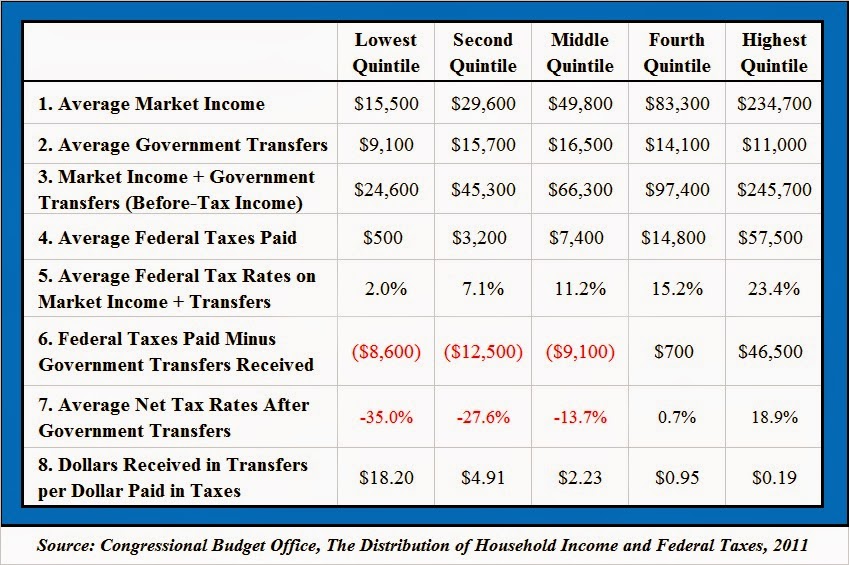Even the 2012 presidential election, which recorded $2.6 billion in campaign spending, underperformed many forecasts. And spending has declined in each of the last two congressional elections. Candidates and other interested parties spent $3.7 billion on this year’s midterms, down from an inflation-adjusted total of $3.8 billion in 2012, which was less than the $4 billion spent in2010, according to the nonprofit Center for Responsive Politics. (These figures do not include a few hundred million dollars in unreported spending on issue ads.) In fact, spending has dropped as the economy has grown and despite a series of contests in which at least one house of Congress was plausibly at stake. “Dire warnings rang out that the decision would herald a new era in politics,” wrote Adam Bonica, a Stanford University political scientist, in a 2013 paper about the effects of Citizens United. “Three years on, there is little evidence that these predictions have come to pass.” Over the past year, Americans spent more on almonds than on selecting their representatives in Congress.
Stephen Ansolabehere, a professor of government at Harvard University, says that the facts are surprising only if we subscribe to an incorrect view. In a 2003 paper, “Why Is There So Little Money in U.S.Politics?” he argued that people and corporations actually view giving money as an ineffective way to influence politicians. Donations, Ansolabehere says, are best understood as a form of consumption, akin to making a charitable contribution. Donors are supporting a cause they believe in, and they take pleasure in doing so. “We basically think that giving money makes you feel good,” Ansolabehere told me.
Most campaign money, after all, comes in smaller chunks from individual donors. People who gave $3 to Barack Obama’s presidential campaign in 2008 could not have reasonably expected that their small contributions would influence the future president. Even those who give larger sums rarely contribute the maximum allowed by law, as might be expected of someone trying to buy influence. Instead, individual contributions have increased over time merely in proportion to personal income. Excepting lower-income families, who rarely give to campaigns, Americans from the upper-middle class on up give approximately the same percentage of their income, about 0.04 percent, according to Ansolabehere’s research, to politicians and political groups. Corporations also spend relatively little, and their spending has not increased substantially in recent years. “If companies thought they could just buy politicians,” said Timothy Groseclose, an economics professor at George Mason University, “we should see much more money being spent there.
One reason is that buying elections is economically inefficient. Most voters, like most consumers, have defined preferences that are difficult for advertisers to shift. Chevron spent roughly $3 million during a recent campaign backing, certain City Council candidates in Richmond, Calif., where it operates a major refinery. Voters instead chose a slate of candidates who want to raise taxes. “Campaign spending has an extremely small impact on election outcomes, regardless of who does the spending,” the University of Chicago economist Steven Levitt concluded in a 1994 paper. He found that spending an extra $100,000 in a House race might be expected to increase a candidate’s vote total by about 0.33 percentage points. Investors appear to agree that companies can’t make money by investing in political campaigns. A 2004 study found that changes in campaign-finance laws had no discernible impact on the share prices of companies that made donations.


